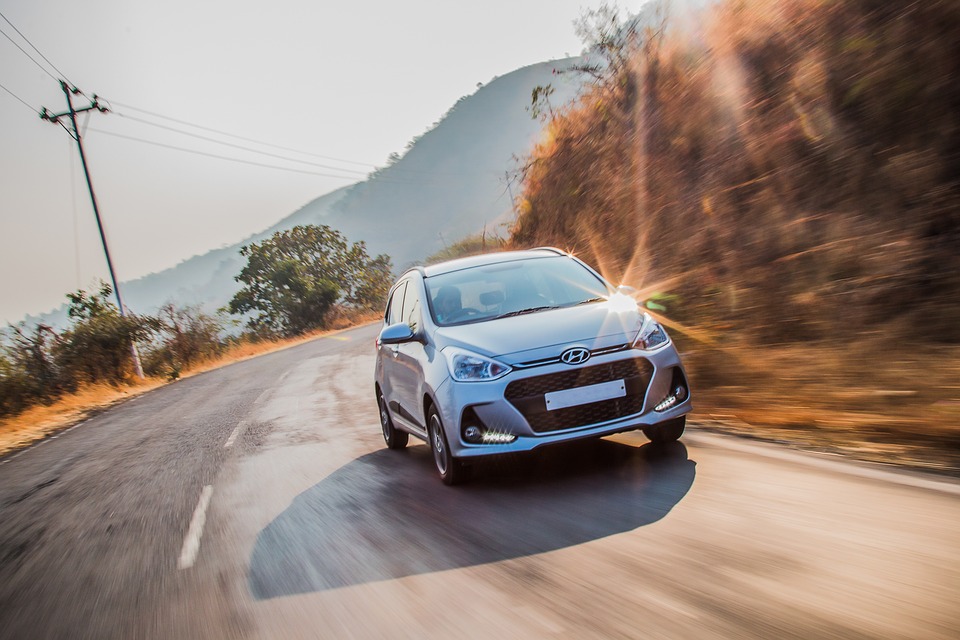With a decrease in the tough times of the Covid-19 pandemic, thankfully, life is getting back to normal. This means no more work from home and moving out to offices like in the past routine for most people. On the flip side, many people think it’s time to plan their long-overdue road trips to compensate for the boredom, keeping in mind the beautiful summer season around the corner. If you want to prevent your vehicle from overheating then follow the below-mentioned tips.
Honestly, a car overheating is a sign that something is seriously wrong with your vehicle. It could be a mechanical breakdown or simply faulty spares. Whatever the reason, the situation can significantly threaten your and your family’s safety. But with all these bad things comes the good news: vehicle engine overheating is highly preventable. Learn more as we go over this article about how you can save your car from overheating.
1. Monitor the car temperature gauge
Unlike you, cars don’t like it hot. And while they will overheat, they tend to show discomfort with evidence. Located on the dashboard, the car temperature gauge is one such piece of evidence that indicates your engine is getting too hot. Thus, it is crucial to keep an open eye on the gauge. As soon as you notice it pointing towards hot, stop your car in a safe spot, take a break, and let the engine run cool.
2. Switch off the air conditioner
When the engine itself is the culprit of the breakdown, turning off your vehicle’s air conditioner can be helpful. The reason is that when your air conditioner is running with a blast, it puts a lot of stress on the engine. Switching the AC off and rolling your windows down will decrease this load and, ultimately, your engine’s temperature.
Take this as an opportunity to get some fresh air when pulling over for a cooling break is not an option.
3. Turn on the floor air vents
As an alternative to skipping on your air conditioner, open your bottom air vents and switch the settings to the maximum blower that will direct the hot air towards the floor vents. Then once all the warm air is pushed out of the cabin and your interior feels cooler, you can turn on the upper vents.
4. Check your radiator and maintain the coolant level
Coolant checks must be a habit for all drivers, regardless of the weather and situation. It is the simplest way to keep your car cool even with an increase in temperature. Regularly check your radiator and make sure the water and coolant levels are enough. If not, do not take the risk of waiting and top off the fluids right away. In case you are already on the road and driving, be careful before checking the radiator as it could be too hot to remove the cap, which can be dangerous.
5. Park your car in a cool shaded area
One of the best ways to prevent your car from overheating is parking in the shade. When parking your vehicle for extended periods, find a place that is cooler and with a shadow. Not only will this keep your vehicle cool but also prolong your vehicle health by preventing many other risks of extreme weather conditions. In a nutshell, a shady spot can make the difference between you enjoying the trip and being abandoned in the middle of nowhere.
6. Use window shades
What look like small covers are actually very helpful in saving you and your precious vehicle from the summer harm. Car window shades can prove worthwhile, especially when you cannot find a shady spot to park your car. These covers are designed to keep the damaging UV rays from warming up your interior.
7. Take a break when the engine starts to overheat
Do not panic! If and when your car begins to heat up, the safest thing to do is stop your engine immediately. The best way is to gradually slow down your speed and scan the surroundings for a safe spot on the road’s right shoulder. However, be vigilant of the oncoming traffic before making a turn to avoid getting into more trouble. Once pulled over safely, pop open the hood and let the steam settle down for about 15-20 minutes. Also, pour some water over the radiator to further cool it down (but don’t be too quick). Meanwhile, take a look inside the radiator if it requires topping up.
8. Be prepared with a safety kit
Getting caught off-guard with any vehicle trouble can prove high-risk, particularly in inconvenient times and locations. And while these mechanical issues are inevitable, preparing yourself for emergencies is always beneficial.

